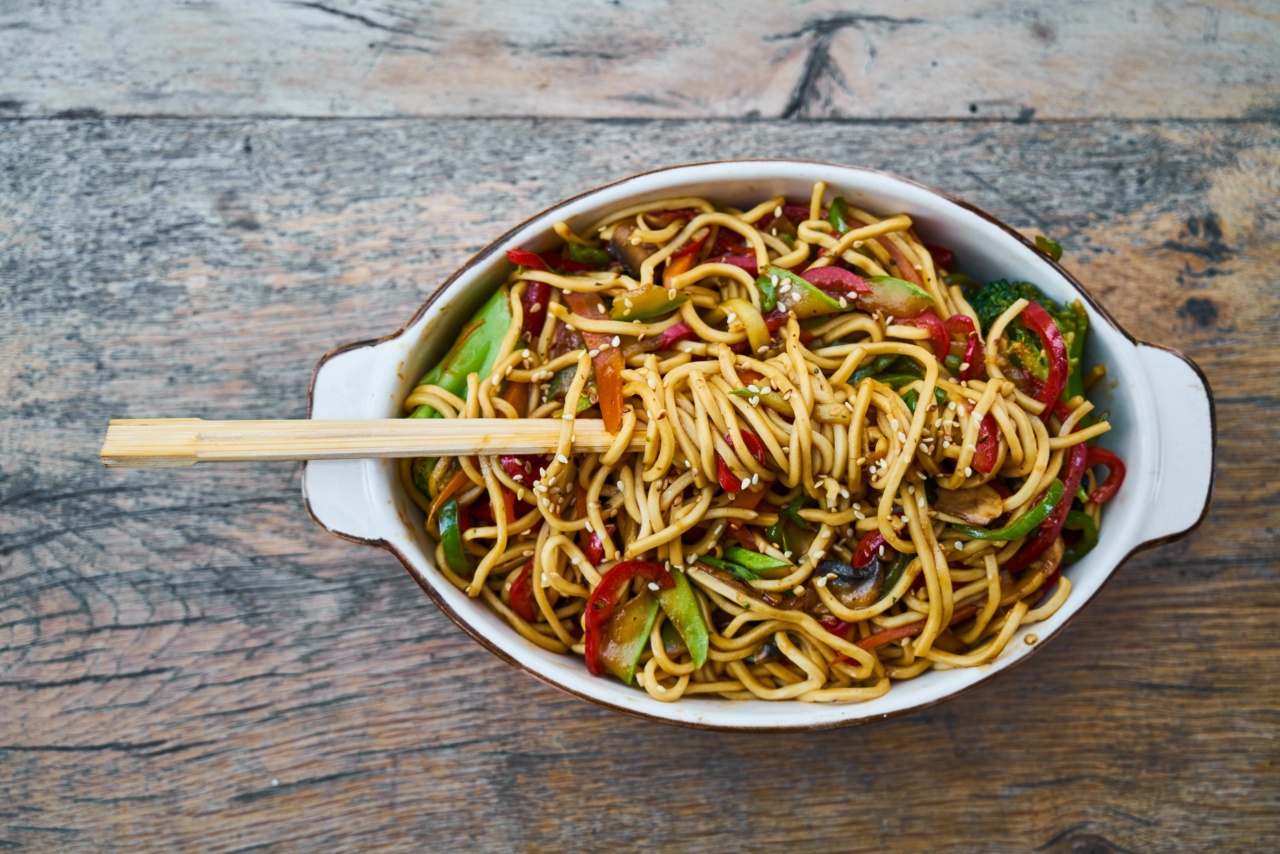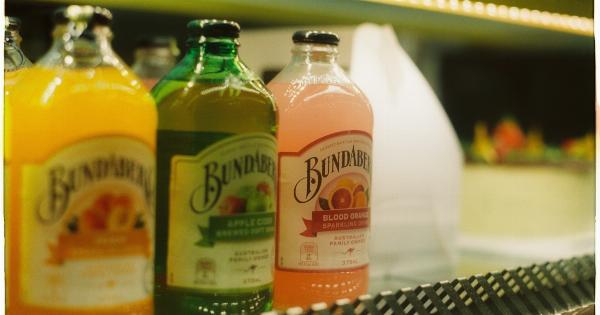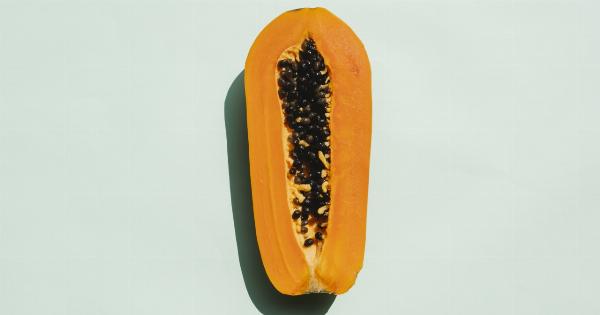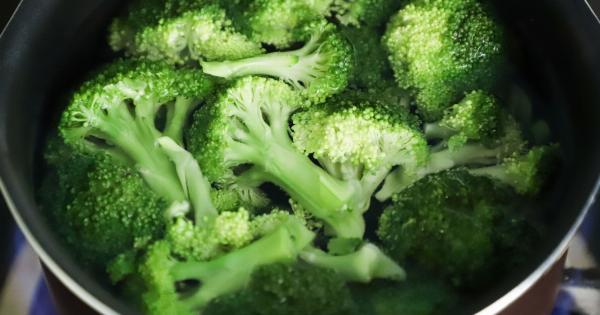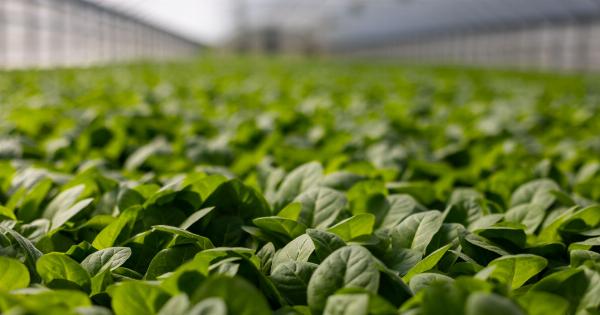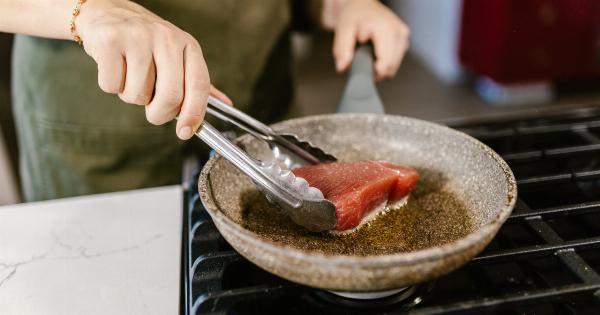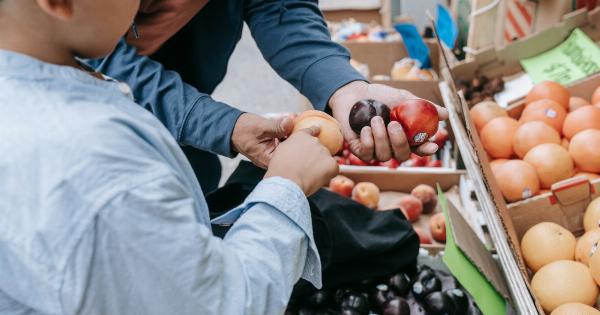Cooking vegetables is a common practice in households around the world. However, many people are unaware that certain cooking methods can lead to a loss of essential nutrients in vegetables.
This article will guide you on how to avoid nutrient loss when cooking vegetables so that you can make the most out of these healthy and delicious foods.
Choose the right cooking method
The cooking method you choose can have a significant impact on the nutrient content of vegetables. Some cooking methods result in more nutrient loss than others. Here are some cooking methods that you should consider:.
1. Steaming
Steaming is an excellent method for cooking vegetables while retaining their nutrients. When you steam vegetables, you expose them to steam rather than submerging them in boiling water.
This method helps to preserve the water-soluble vitamins that can be lost when vegetables come into direct contact with water.
2. Sautéing
Sautéing vegetables quickly in a small amount of oil can help minimize nutrient loss. The high heat and short cooking time involved in sautéing help to retain the vitamins and minerals in vegetables.
3. Roasting
Roasting vegetables in the oven is another great way to preserve their nutrients. Roasting allows vegetables to cook in their natural juices, enhancing their flavor and maintaining their nutritional value.
4. Grilling
Grilling vegetables is not only a healthy cooking method but also helps retain their nutrients. The high heat of grilling helps to seal in the natural juices, keeping the vegetables tender and flavorful.
5. Slow cooking
Slow cooking vegetables can help preserve their nutrients while enhancing their taste. This method involves cooking vegetables at a low temperature for a longer duration, allowing them to simmer in their own juices.
Avoid overcooking
Overcooking vegetables is a common mistake that can lead to significant nutrient loss. Vegetables should be cooked until they are tender but still retain their vibrant colors.
Overcooking can cause water-soluble vitamins like vitamin C and B vitamins to leach into the cooking water, resulting in a loss of nutrients.
Preserve the cooking water
When you cook vegetables in water, important nutrients can leach into the cooking liquid. To minimize nutrient loss, consider using the cooking water in other recipes such as soups or stews.
This way, the nutrients that have dissolved in the water are not wasted.
Choose fresh and ripe vegetables
The quality of the vegetables you use also plays a vital role in nutrient retention. Fresh and ripe vegetables have the highest nutritional value. As vegetables age, they start to lose some of their nutrients.
Therefore, it is important to choose fresh produce and consume them as soon as possible.
Store vegetables properly
How you store vegetables can affect their nutrient content. Exposure to air, light, and heat can lead to nutrient degradation. To preserve the nutrients in vegetables, store them in a cool and dark place.
Some vegetables, such as leafy greens and herbs, can benefit from being stored in the refrigerator in a damp paper towel or airtight container.
Use minimal amounts of water
When cooking vegetables, it is best to use the minimal amount of water necessary. Excessive water can cause the vegetables to lose their nutrients.
Steaming or using a small amount of water to simmer vegetables is preferable to boiling them in excessive amounts of water.
Season with care
Add flavor to your vegetables while avoiding nutrient loss by using herbs, spices, and healthy fats. Herbs and spices can add taste without adding extra calories or sodium.
Healthy fats, such as olive oil or avocado oil, can help enhance the absorption of fat-soluble vitamins found in vegetables.
Avoid peeling vegetables
In most cases, the skins of vegetables are rich in nutrients. Peeling vegetables can result in a loss of these valuable nutrients. Instead, opt for thoroughly washing vegetables to remove any dirt or residues before cooking or eating them.
Conclusion
By choosing the right cooking methods, avoiding overcooking, preserving cooking water, and paying attention to storage and seasoning, you can prevent nutrient loss in vegetable cooking.
Remember to prioritize fresh produce and minimal processing to ensure you are getting the maximum nutritional benefits from your vegetables.
